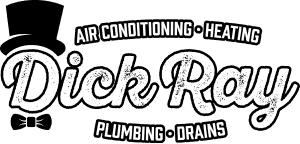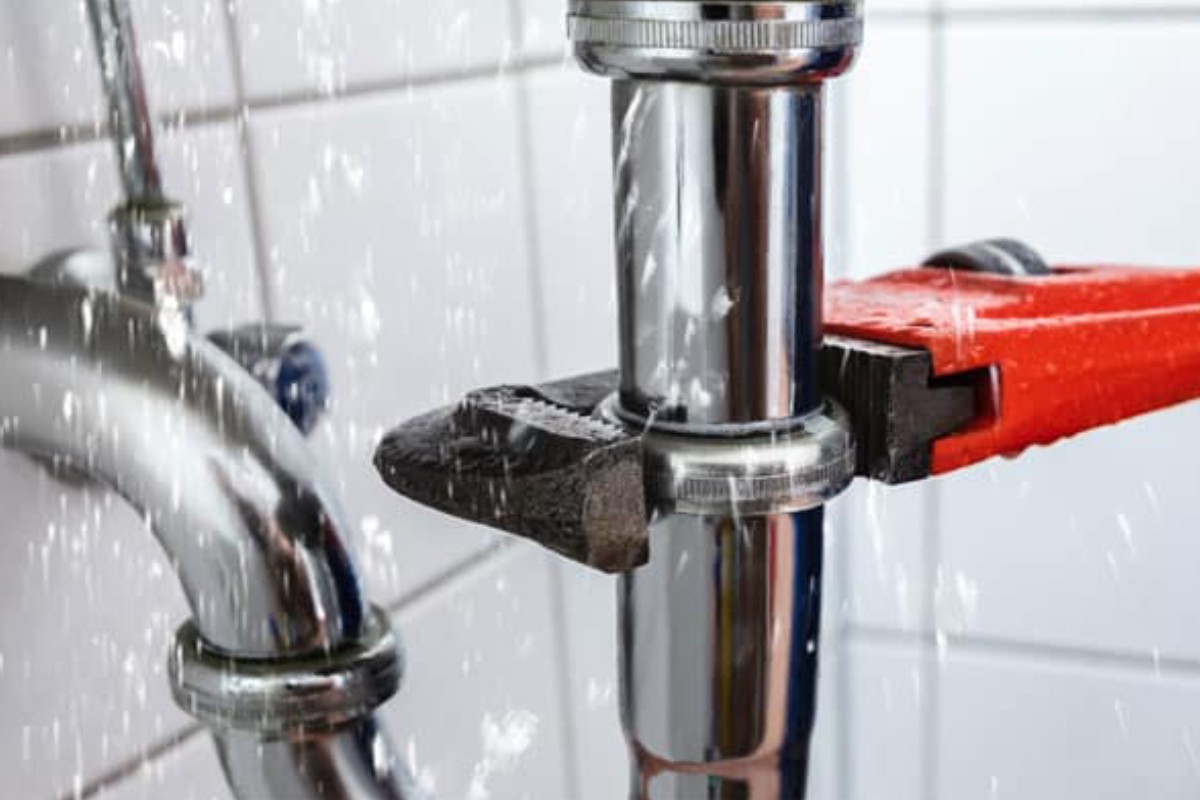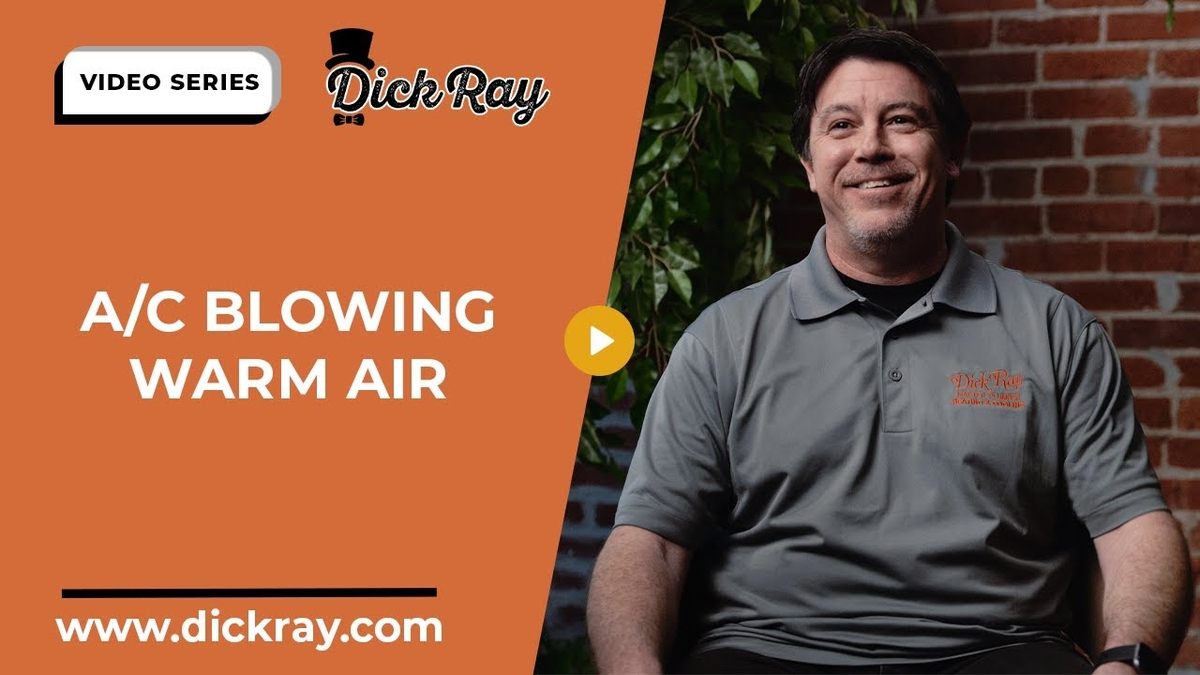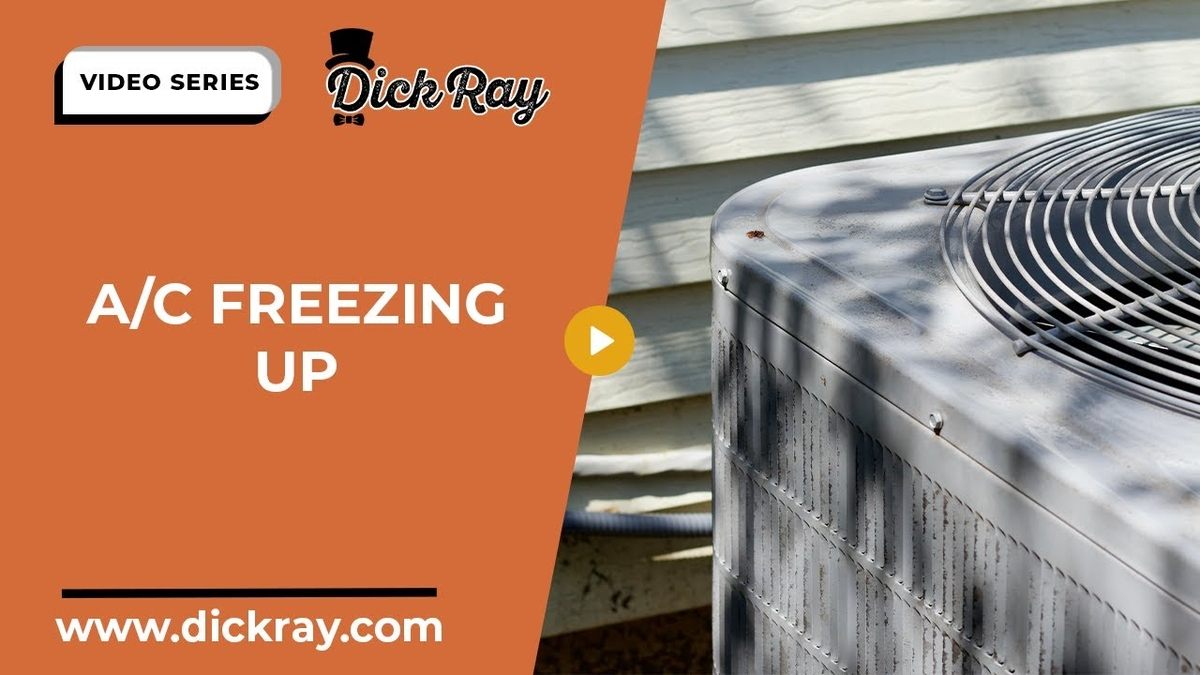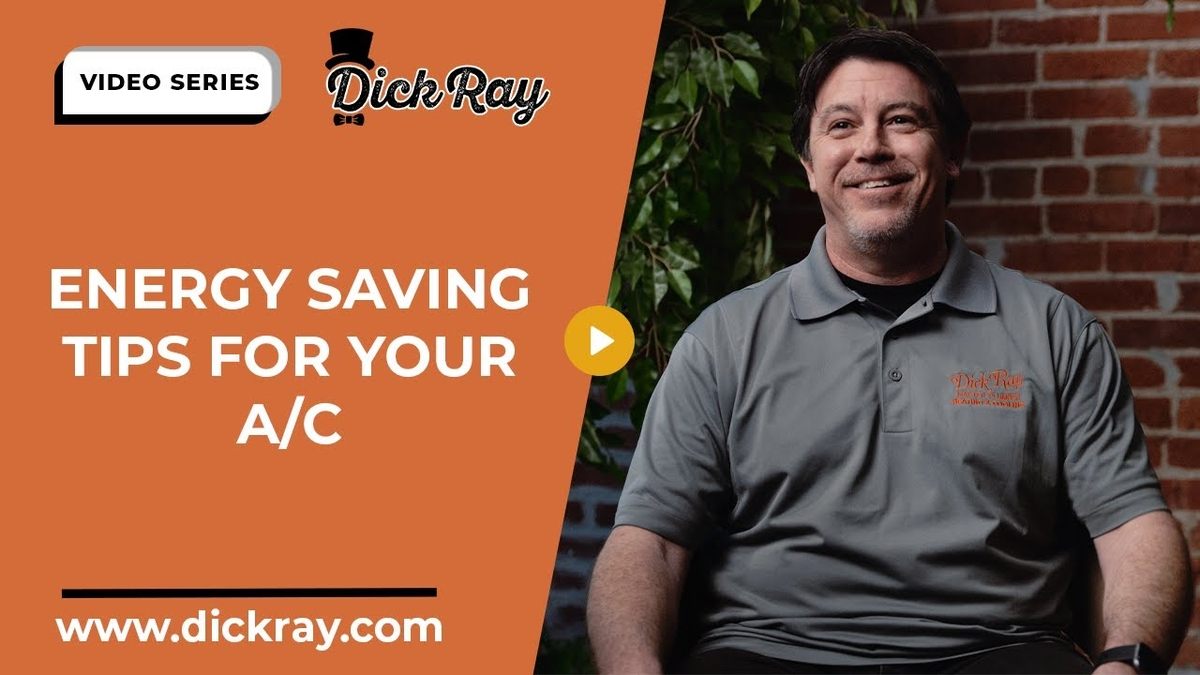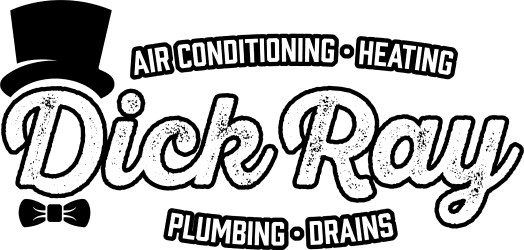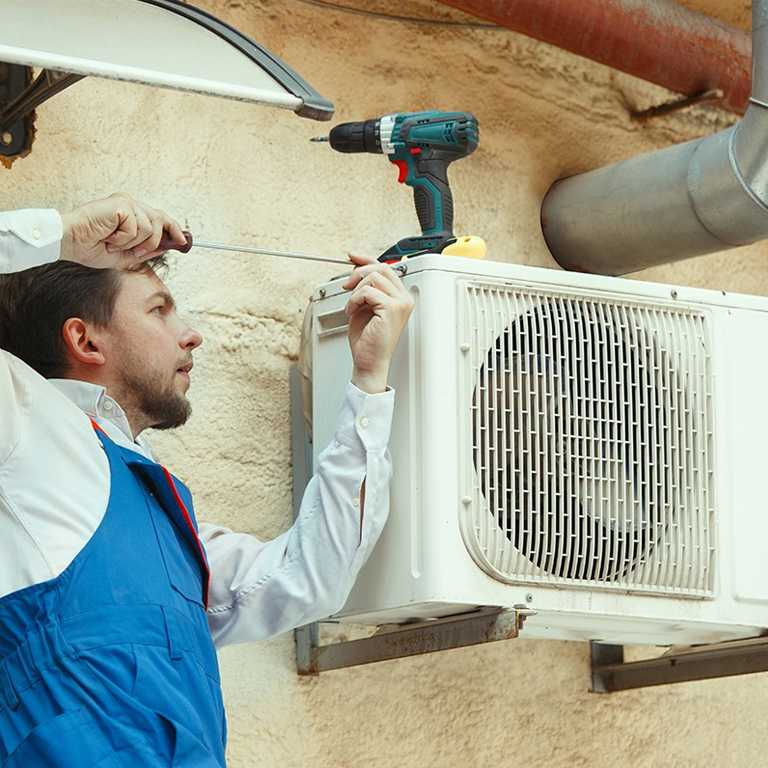Every home has a plumbing system which you use daily. Eventually, you’ll require plumbing repairs and maintenance will all that use. Clogs and leaks are a couple of the difficult plumbing problems you could encounter, although there are other major plumbing problems as well, and you’ll want to prepare yourself. Here, you’ll learn some of the most common plumbing questions, signs of plumbing problems and some quick tips to help with your plumbing issues.
Common Plumbing Questions
1. Why Does My Toilet Leak From the Base?
A toilet base leak is one of several issues that can occur after you flush your toilet. You can try fixing this problem by tightening the toilet tee bolts and replacing the wax ring. Before heading down this path, however, be sure the leak is coming from the toilet base. Leaks from other parts of your toilet can also leave water on the floor.
2. Why Does My Toilet Randomly Run for a Few Seconds?
Your toilet runs when the water level in the tank gets low enough to turn on the fill cycle. Water could be leaking out of the tank for several reasons.
One common reason is a cracked float. The float, which is a plastic or metal ball that sits above the water in the tank, controls how much water fills the toilet. If you have a crack in the float:
- Water will start seeping inside
- The ball can’t sit above the water any longer
- Your toilet could overfill
- Water can leak into the overflow tube where it will create an endless filling cycle
- Trying to drain it will increase your water bill
Now, if the float’s not the problem, check the chain connected to the handle. When it’s too long, it can become trapped underneath the flap, which allows water to pass through. But, when the chain is too short, it will keep the flap from sealing correctly. If you replace or shorten the chain and that still doesn’t fix the issue, your flapper valve could be leaking. You’ll find the flapper valve at the bottom of the toilet tank. The flapper valve is fairly simple to replace — you just take it off and install a new one.
3. What Do I Do When High Water Pressure Causes My Toilet to Run?
If you’ve just replaced a new fill valve, and you’re confident all other aspects of your toilet are working properly, high water pressure could be the culprit for a leak. If the water pressure is high enough to cause water to leak past the fill valve, then you’ll need to replace it with a pressure reducing valve. If the pressure to your home is over 60 pounds — code throughout the majority of the U.S. is 80 — you will probably want to get a water pressure regulator.
4. What Causes a Toilet Wax Ring to Leak?
A leak in your toilet wax ring probably means it’s misaligned. The slight slab unevenness could contribute to the problem. You can reseat your toilet using one wax ring and a flange extension and shimming the bottom of your toilet to where it’s sitting level.
5. How Do I Know If My Toilet Wax Ring Is Bad?
There are several ways of knowing if the wax ring is failing, including:
You’ll see water on the floor surrounding the toilet’s base.
You won’t see visible water on the floor, but it will still leak and damage the ceiling of your room below the bathroom or the subfloor.
You’ll smell an unpleasant odor due to sewer gases seeping into your bathroom.
6. Why Is My Shower Leaking?
Damaging leaks can start from water supply plumbing in your wall or fixture drains. Plumbing faucets and valves also leak, and while they don’t usually present any water damage threats, they do:
- Damage fixtures
- Waste water
- Create an annoyance
7. Can a Blocked Shower Drain Cause a Leak?
You may be wondering when to call a plumber for a clogged drain. Generally speaking, clogged drains don’t cause leaks. But, there could be secondary causes associated with water backup. With a shower drain, when the water backs up into your shower and starts to rise, it can get high enough where it could seep back into the wall if you have voids in the grout or caulking.
The water backup could place additional stress on the joints too. While joints will likely hold up, they’re not usually under pressure.
8. Why Do Faucets Leak?
Things like corroded gaskets, O-rings or valve seats are the most common reasons for faucet leaks. Combined, these components are holding the water back until you open the faucet. Therefore, if one becomes corroded, it can lead to a dripping, leaky faucet.
9. Should I Replace or Repair a Leaky Faucet?
Faucet repair is the ideal option if you can repair and restore the faucet’s shine. On the other hand, if you have a corroded faucet or it’s too old where you can’t find replacement parts, it might be easier — and maybe even cheaper — to replace the faucet.
10. Can a Leak Become More Prominent Over Time?
Yes. When you have water that leaks out of your fixtures or pipes, it can eventually lead to enough corrosion where even a pinhole-sized leak could grow to cause damage to your house.
11. Why Are My Pipes Making Noises?
You can safely ignore many of these sounds. However, if your water wipes are making banging noises, pay attention. They could be indicating you have a serious plumbing problem. Call in a professional plumber to address these problems. Some causes for noisy water pipes could be:
- Water hammer: When you have water running, and you turn it off suddenly, the water doesn’t have a place to go and ends up slamming against the shut-off valve. The thudding, loud noise that comes after is called a water hammer. Aside from being alarming, it can also potentially damage connections and joints in the water pipe itself.
- Water pressure is too high: When your water pressure’s too high, it also can lead to noisy water pipes. Even worse, the high water pressure could damage your dishwasher, washing machine and other water-supplied appliances.
- Copper pipes: These often expand when hot water flows through them and transfers its heat to them. Copper is ductile and malleable. Copper hot-water lines may expand in tight quarters, and rub against the hidden structural features of your home like joists, studs and support brackets noisily as it contracts.
12. Can Low Water Pressure Cause Noisy Pipes?
Yes, low water pressure is how your plumbing system alerts you that you could have a leak, blockage or something else going on. If you have noisy pipes, your plumbing system could be letting you know something isn’t working properly in your system.
13. What’s the Difference Between an Automatic and Non-Automatic Pump?
An automatic pump has a float switch built-in that turns your pump on automatically when the water reaches a certain level. Once it pumps the water out to a preset level, the pump turns itself off. You need to turn a non-automatic pump on and off manually or use a piggyback float switch or some other separate control.
14. My Automatic Pump Starts and Stops Continuously. How Do I Make It Run Longer?
This “short-cycling” is a feature of the on/off pumping range and basin diameter. It can reduce the switch assembly’s service life. Because the basin is in the ground, it’s not likely it can be enlarged. And, you can’t adjust the on/off pumping range if you have a self-contained float switch on your automatic unit.
However, if you have a non-automatic switch-controlled device, you have flexibility in how you adjust the pumping range. When this happens, you can convert an automatic unit to run with an external pump switch, allowing it to expand its pumping range and reduce the short-cycling amount. You can also reduce short-cycling in many cases by installing a check valve in the discharge line.
15. What Are the Most Common Causes of Pipe Corrosion?
Several factors can cause pipe corrosion and most relate to water quality, including:
- The pH of the water
- Chemicals in the water
- The temperature of the water
- The oxygen level in the water
- The pressure of the water and the speed the water moves through your pipes
16. What Is Plumbing Code?
Plumbing code dictates the most modern and best techniques to use in plumbing installations. Because the plumbing in a public or private building is part of the community sewage and water disposal system, such installations must be properly performed. Adherence to sound code provisions maintain public safety and health protection.
A sanitation and plumbing code isn’t a “plumber’s code,” but rather a set of regulations and rules imposed by states, cities and counties on anyone undertaking any type of work that involves the installation of sewer, drinking water or toilet facilities in factories, homes, hospitals and schools. No matter who does the work, sanitation and plumbing codes require the work is done in a certain, safe manner to avoid widespread disease that can be disabling and deadly to the community.
Quick Tips for Homeowners
You should consider many factors when buying a home. One thing to consider is to have your HVAC and plumbing systems inspected on the home you’re considering buying. You could have one or more problems on these systems, and you’ll most likely want to be aware of them beforehand. Take these examples for instance:
1. Drinking Water
Whether your home uses a private well for water or you rely on your city’s source, it’s essential that you know where your water comes from. Also essential is that you know the process of your location’s water treatment. Whatever is in the water you’re drinking, you’re putting it in your body. If pollution sneaks into the water supply or the water’s treated with unsafe contaminants, it could lead to health problems with long-term consequences.
2. Air Conditioning Inspection and Maintenance
In the hot summer months, you want your AC unit to keep you cool and comfortable and to operate reliably without hesitation. To ensure your AC unit is working efficiently, you should have it inspected and serviced before purchasing the home you’re interested in, and at least once a year after.
3. Sewer Inspection
You likely would not even consider buying a home without first obtaining a general home inspection. But, have you considered having the sewer lines inspected? If not, this could end up being a costly and critical mistake.
Home inspectors typically report on the conditions of the home system. They also evaluate and estimate the life expectancy of important components. There are various types of home inspections such as structure or overall framing, electrical, roof and plumbing systems. Inspection reports show problems that require repair or replacement in which you can negotiate price adjustments. But, while home inspectors might report a dripping or leaky faucet, they rarely identify the underlying cause of the issues.
When Should I Call a Professional Plumber?
If you do find you’re dealing with plumbing problems, you’ll want to call in a professional plumber to evaluate the problem and make the necessary repairs or maintenance. Here are some things you may want to call a professional plumber to do:
1. Find and Fix Hidden Leaks
Hidden leaks can become bigger over time and cause severe damage to your house. There are numerous benefits of detecting leaks and having them repaired, including:
- Reduced chance of damage due to leaks
- Reduced or eliminated water loss
- Reduced need for water pressurization and treatment
- Reduced need for emergency repairs
If you think you have a leak somewhere, but you can’t find it, call a professional plumber. They can find hidden leaks and fix them before they become a big problem.
2. Repair or Install Water Heaters
Everyone has different needs, so the best water heater for your household depends on a couple of factors. First, you’ll need to consider the amount of water you use daily. How often you run the washing machine or dishwasher? How long are each family member’s showers? Do you ever use multiple appliances simultaneously? Once you determine the amount of water you use, call a professional plumber to help you determine the right size and type of water heater for that will meet your family’s needs.
In either event, it’s always best to contact a professional plumber to either give you advice or come out and inspect the situation.
Contact Dick Ray Master Plumber to Ask Your Plumbing Questions
Contacting a professional plumber like Dick Ray Master Plumber will keep you out of trouble when it comes to your plumbing problems.
Plumbers must prove their competence as plumbing system installers to an official executing board before they receive their license. Plumbing codes are valueless if plumbers don’t observe and enforce their provisions. When a plumber receives their license, it shows they’re qualified both practically and theoretically and that they have sufficient technical knowledge to maintain the code standards.
If you’re dealing with plumbing problems and need plumber repair services, replacement or maintenance or have any type of questions, such as questions about plumbing problems in old homes, contact Dick Ray Master Plumber to set up an appointment.
